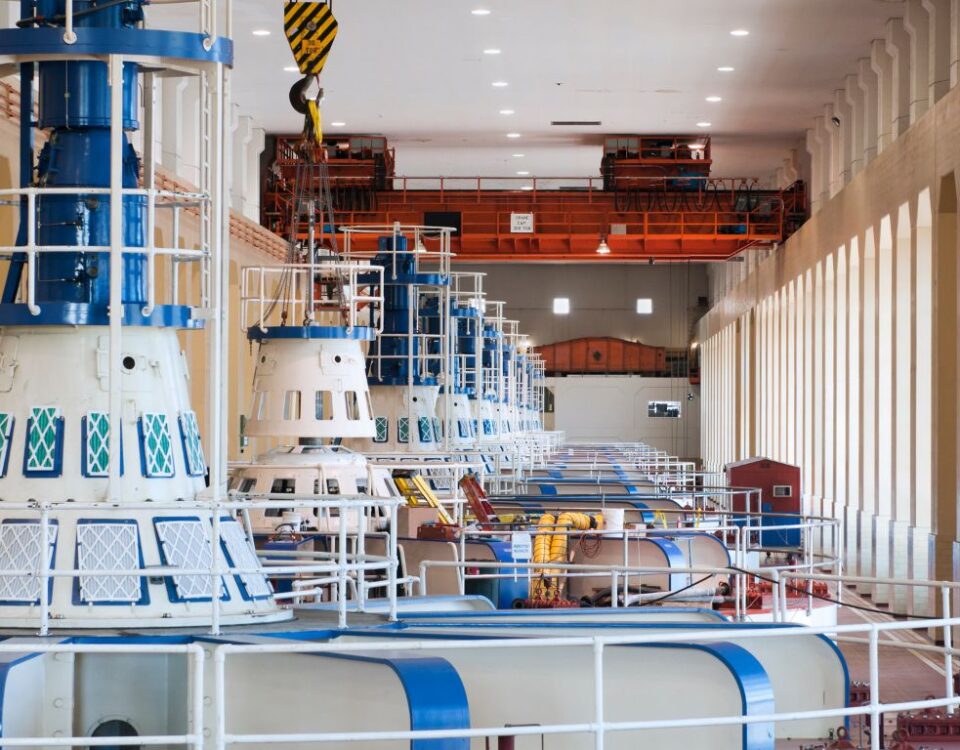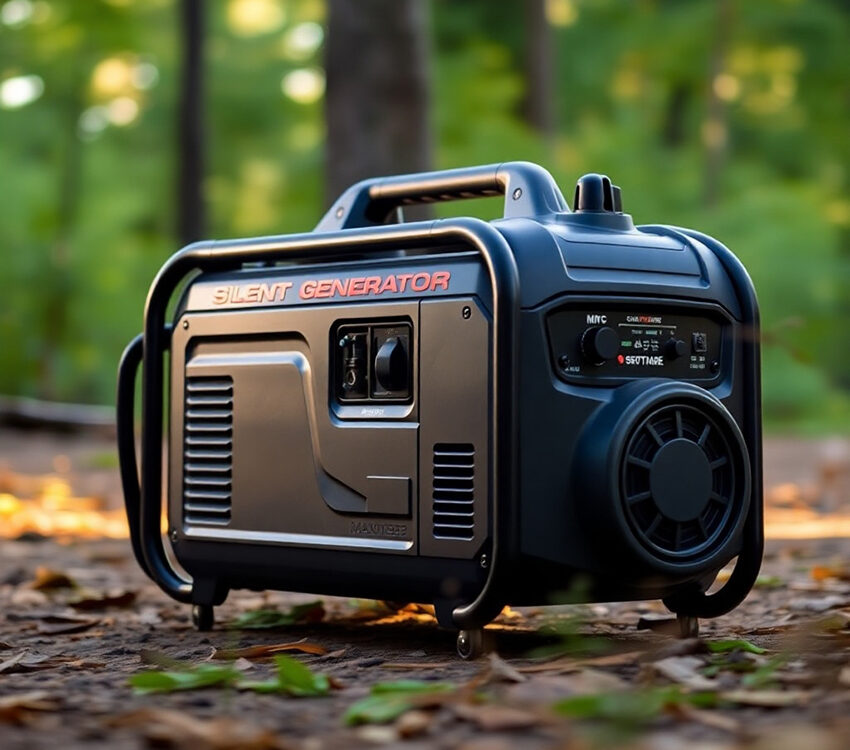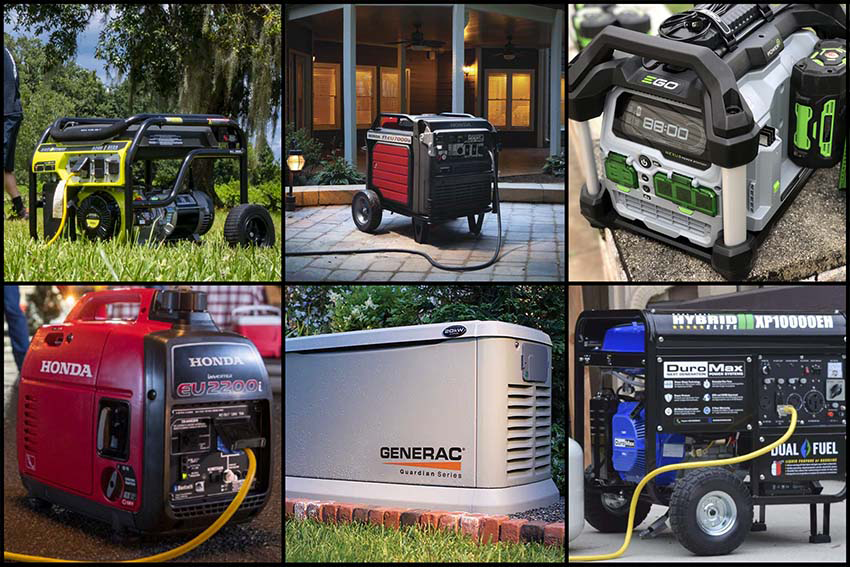
Generators are important machines that provide a dependable supply of electrical power in a variety of situations. When a steady electrical supply cannot be guaranteed, such as during power outages, in distant places without access to the main power grid, or as a backup source of electricity for crucial systems and applications, these machines are very important.
Working Principle
Generators work on the basic principle of electromagnetic induction. This method includes rotating a wire coil within a magnetic field. This coil generates an electrical current as it spins. Depending on the type of generator, this power is normally in the form of alternating current (AC) or, in rare situations, direct current (DC).
Types of Generators
AC Generators (Alternators): These generators are most common and produce alternating current, which is the type of electricity used in most homes and businesses.
DC Generators: These generators produce direct current, which is often used in specific applications, such as in some types of battery charging.
Portable Generators: Compact and mobile, these generators are commonly used for short-term or emergency power needs.
Standby Generators: Installed in homes, businesses, and critical facilities, standby generators automatically provide power during outages.
Inverter Generators: Known for their stable power output, they are prized for their fuel efficiency and quiet operation.
Industrial Generators: Engineered for heavy-duty and continuous power generation in industrial settings.
Renewable Energy Generators: This category includes generators like wind turbines, solar panels, and hydroelectric systems that produce electricity from renewable sources.
Fuel Sources
Generators can be powered by a variety of fuels, including gasoline, diesel, natural gas, propane, and renewable sources such as solar and wind. The choice of fuel depends on factors like availability, cost, and environmental considerations.
Applications
Generators find utility in a multitude of applications:
Providing essential backup power during unexpected blackouts.
Supplying electricity in remote areas that lack a conventional power grid.
Ensuring continuous operation of critical systems in hospitals, data centers, and industries.
Powering construction sites and outdoor events where temporary power is required.
Harnessing renewable energy sources like wind, sun, and water to reduce the environmental impact.
Generator Capacity
Generator capacity is typically measured in kilowatts (kW) or megawatts (MW), reflecting the amount of electrical load they can support. Selecting the right generator capacity is essential to meet specific power requirements.
Maintenance
Regular maintenance is essential for ensuring a generator’s reliability. This includes changing oil and filters, monitoring fuel levels, and periodically testing the generator under load to verify its performance.
Safety
Safe operation of generators is paramount. Proper placement in well-ventilated areas is crucial to prevent the buildup of carbon monoxide, a potentially deadly gas. Adequate grounding and electrical connections are also essential to avoid electrical hazards.
Generators serve as indispensable devices, ensuring a stable power supply when and where it’s needed. The specific choice of generator depends on the application, power requirements, and the available fuel sources. Proper understanding and maintenance of generators are vital for their effective and safe operation.





